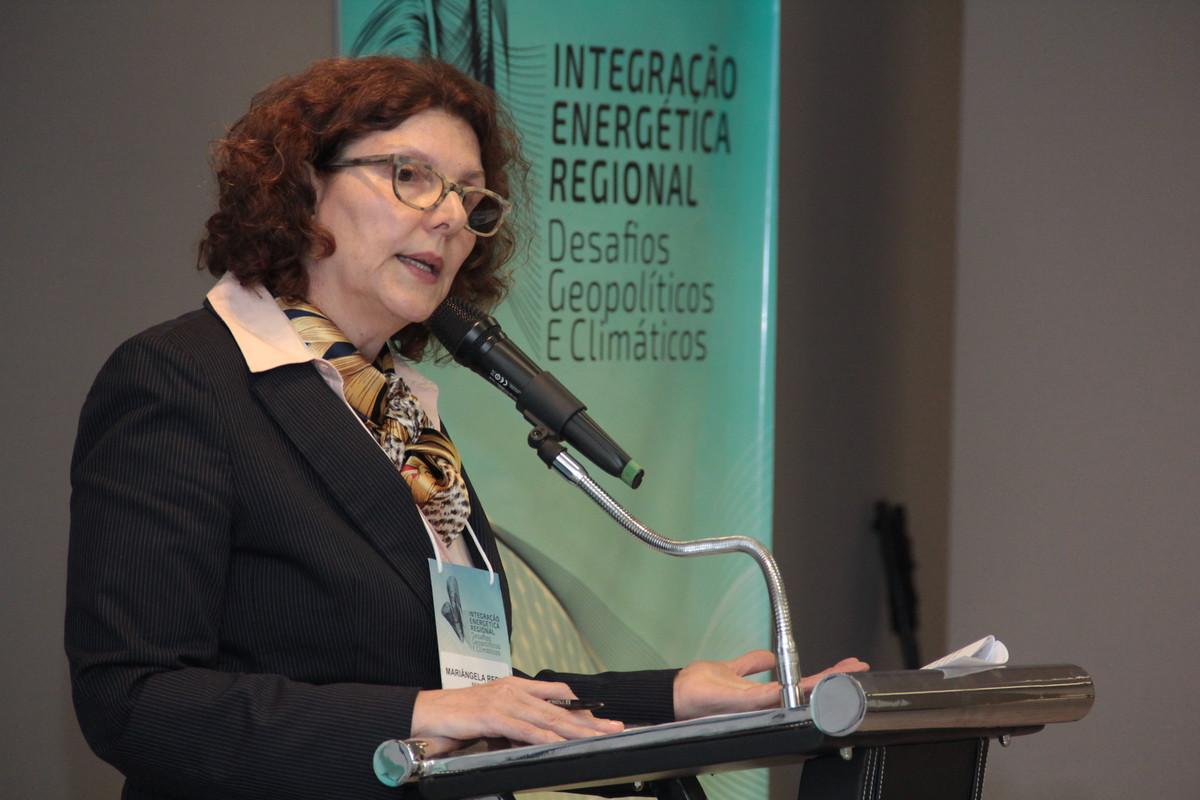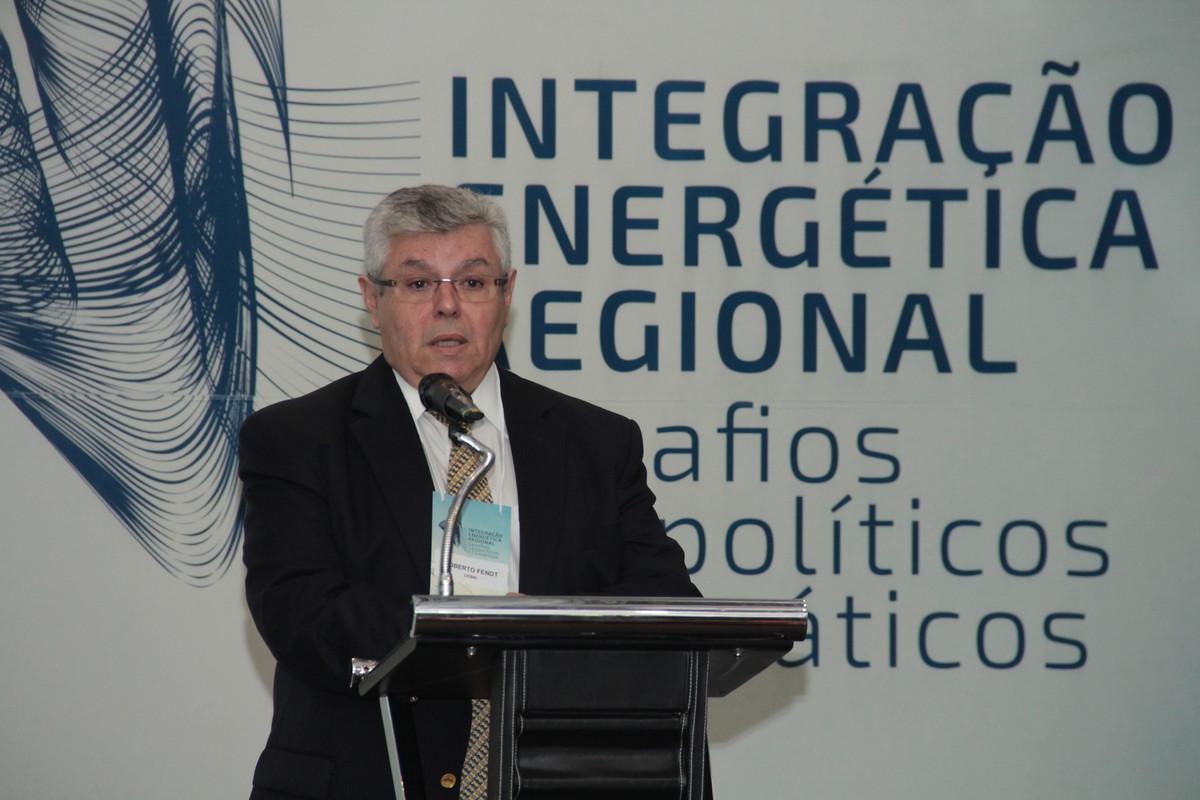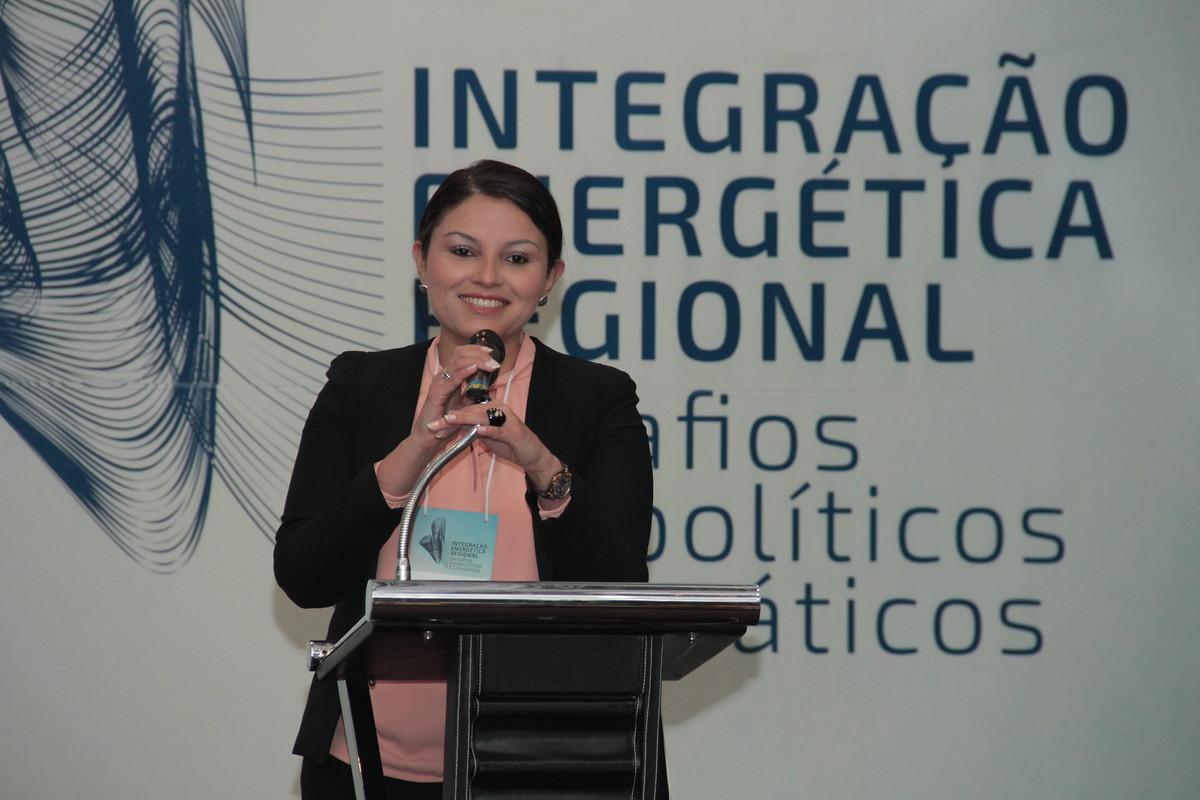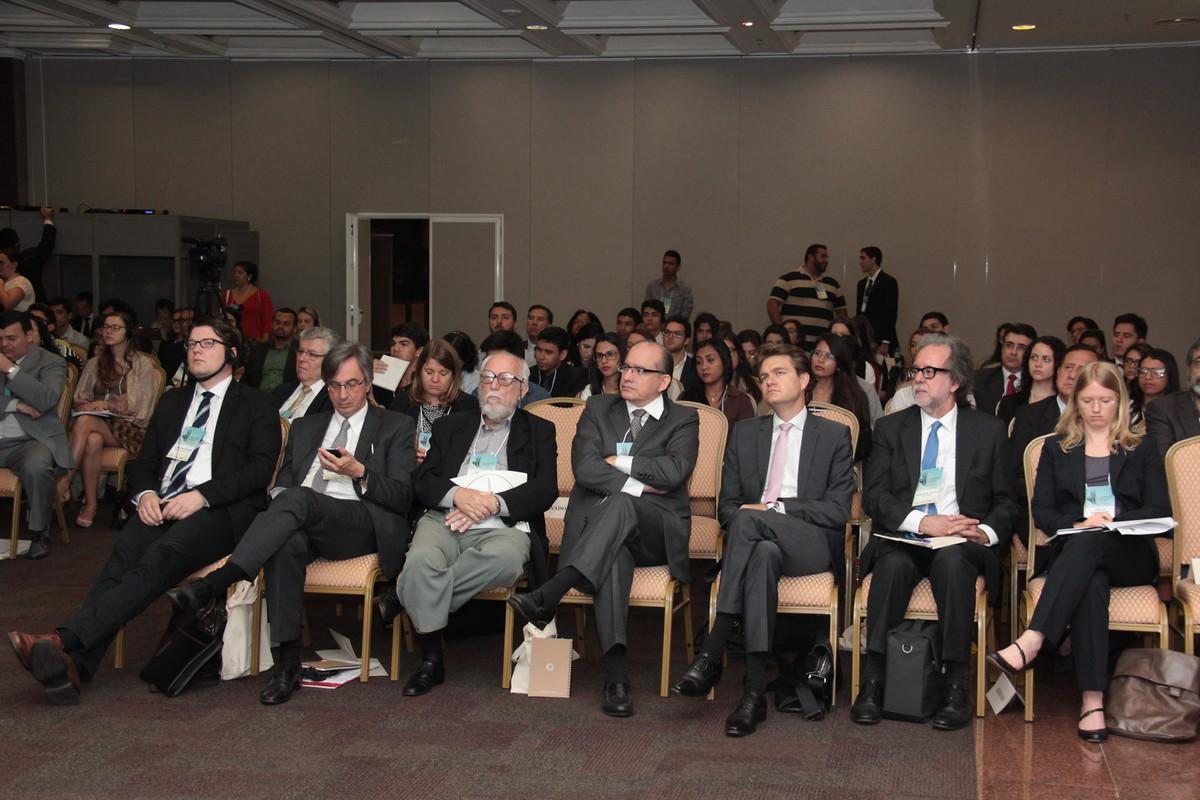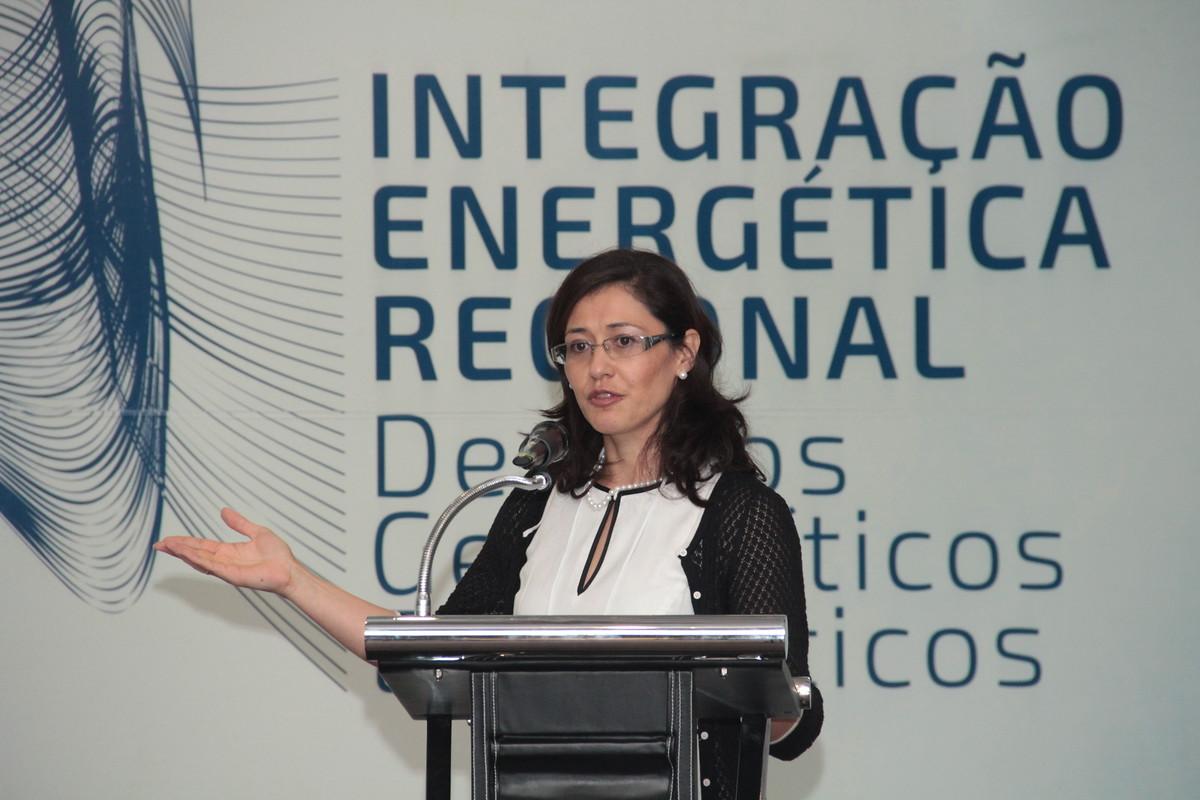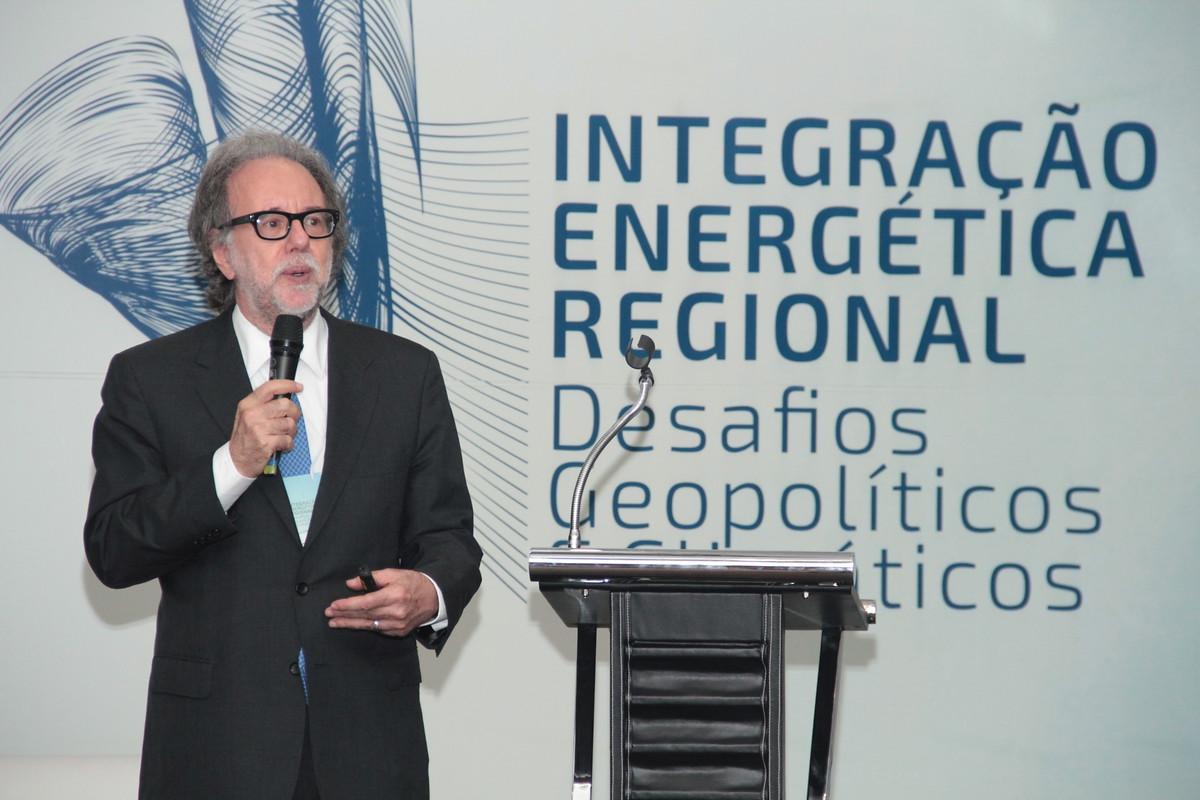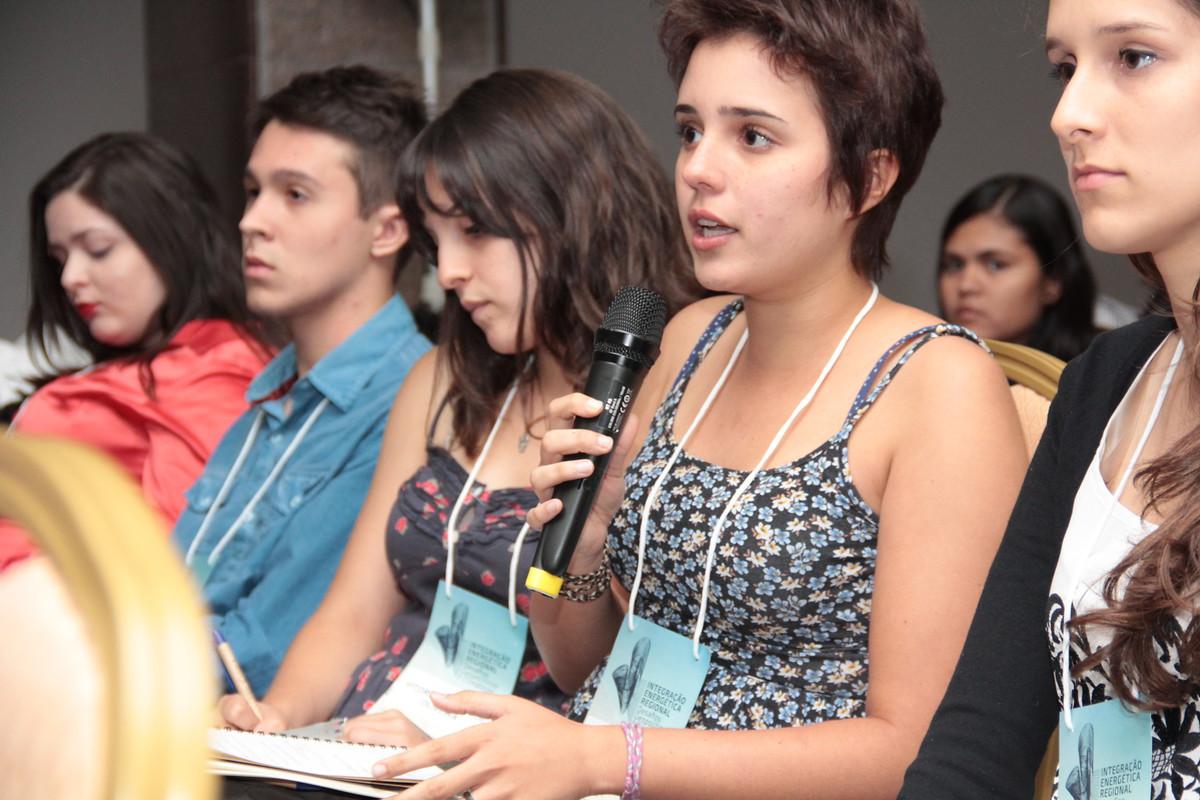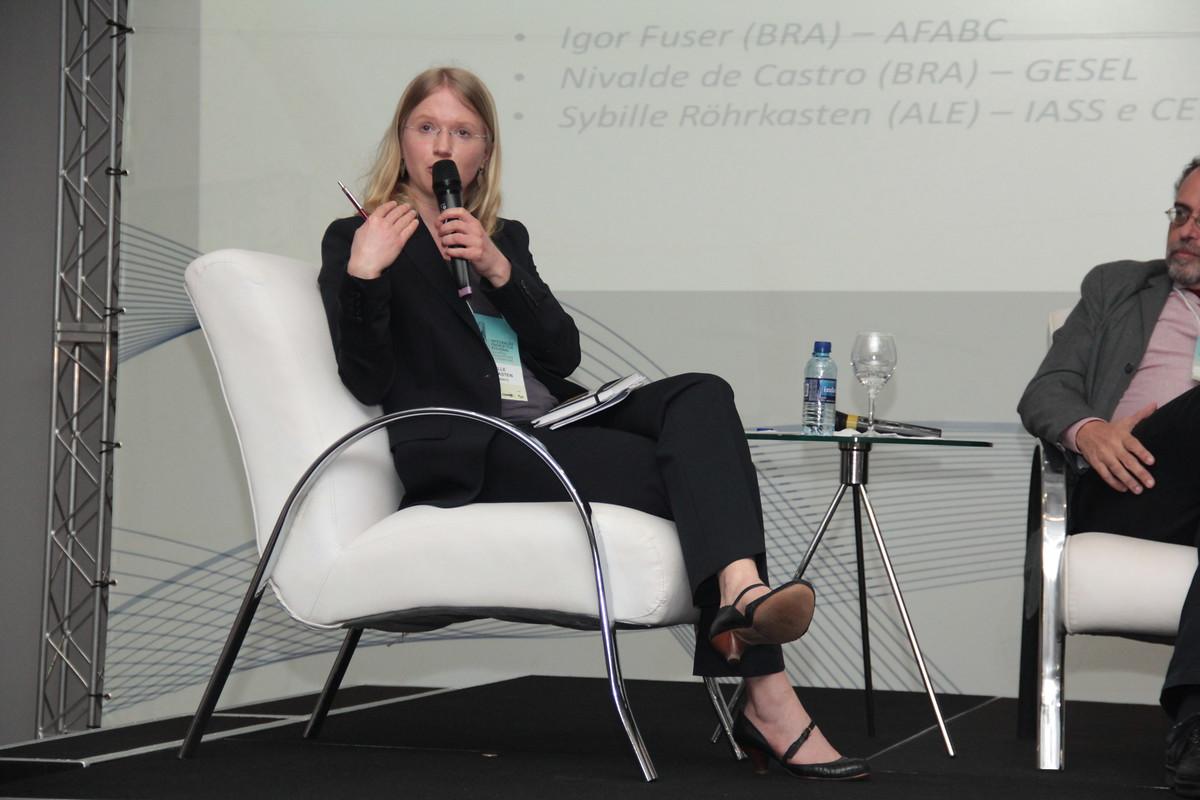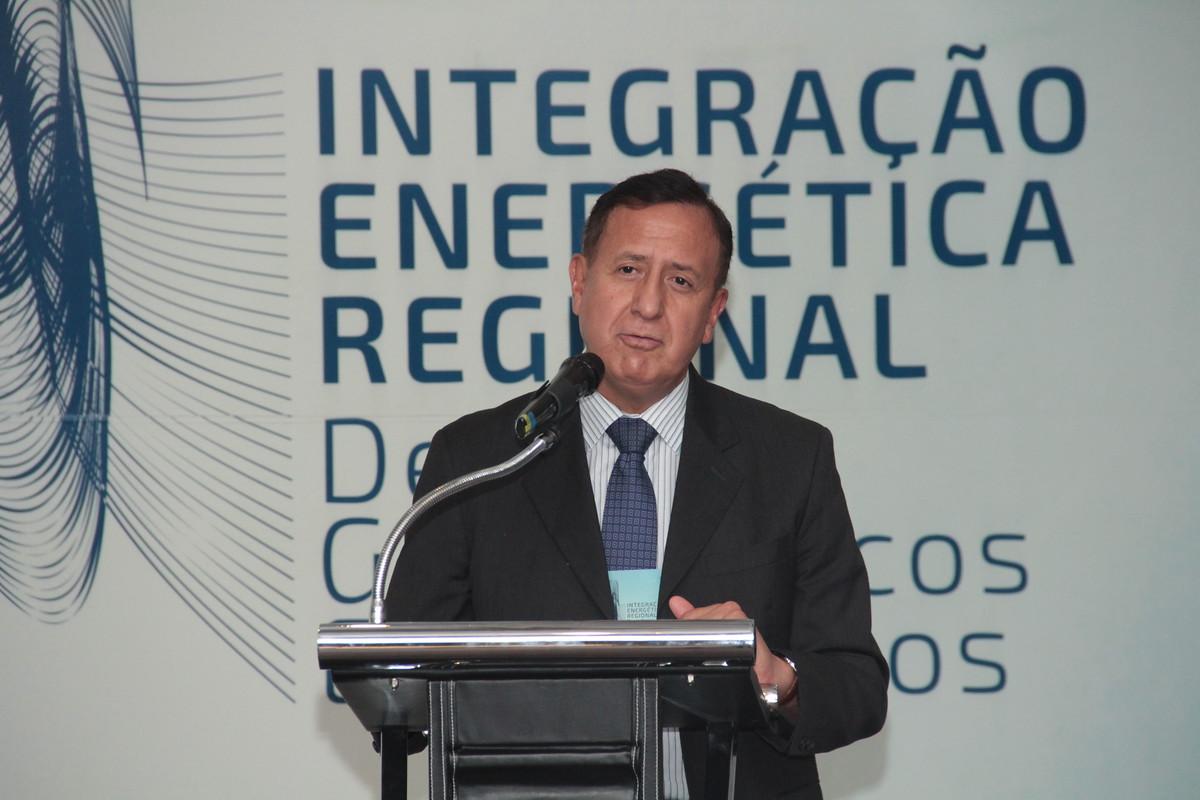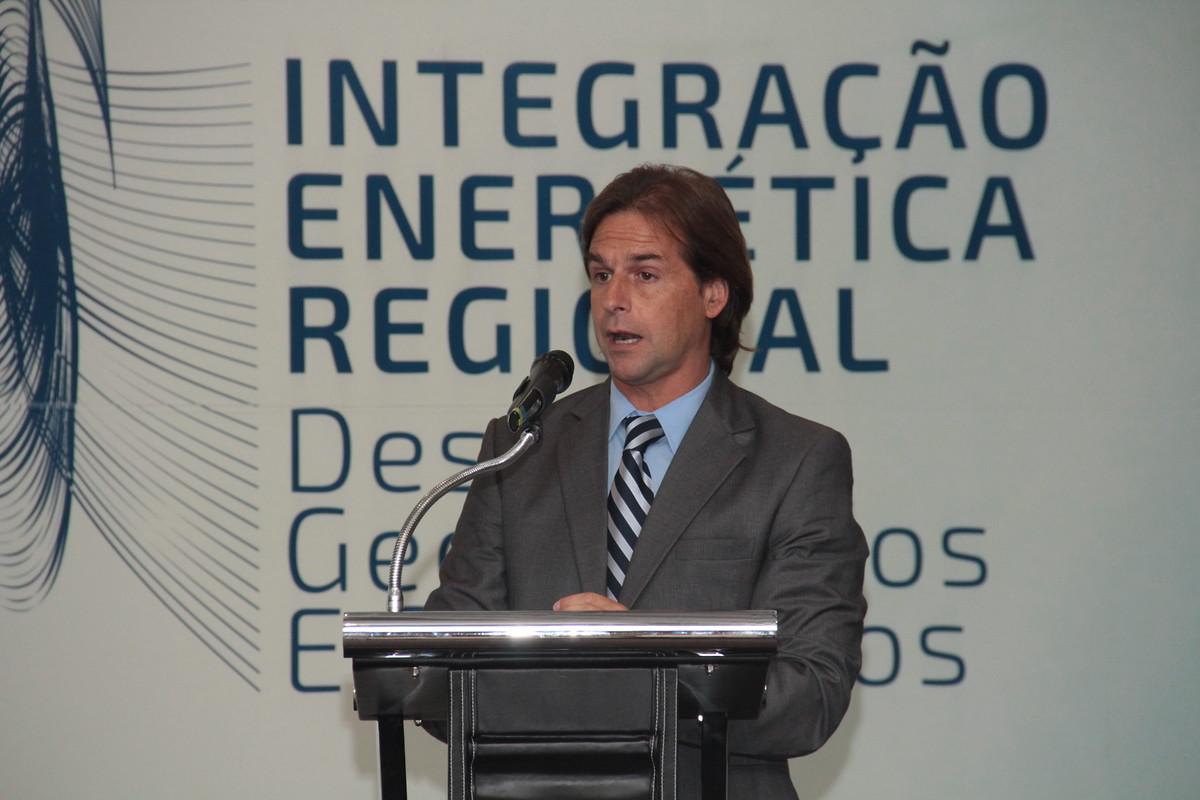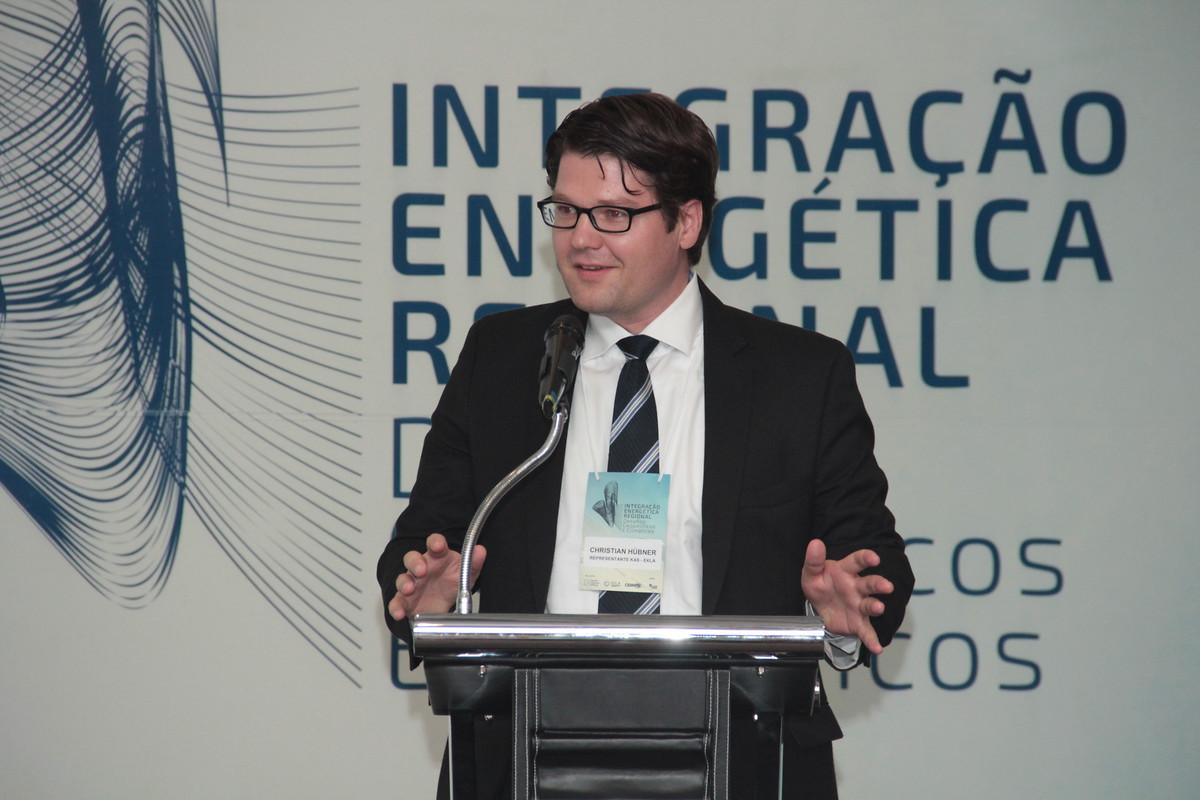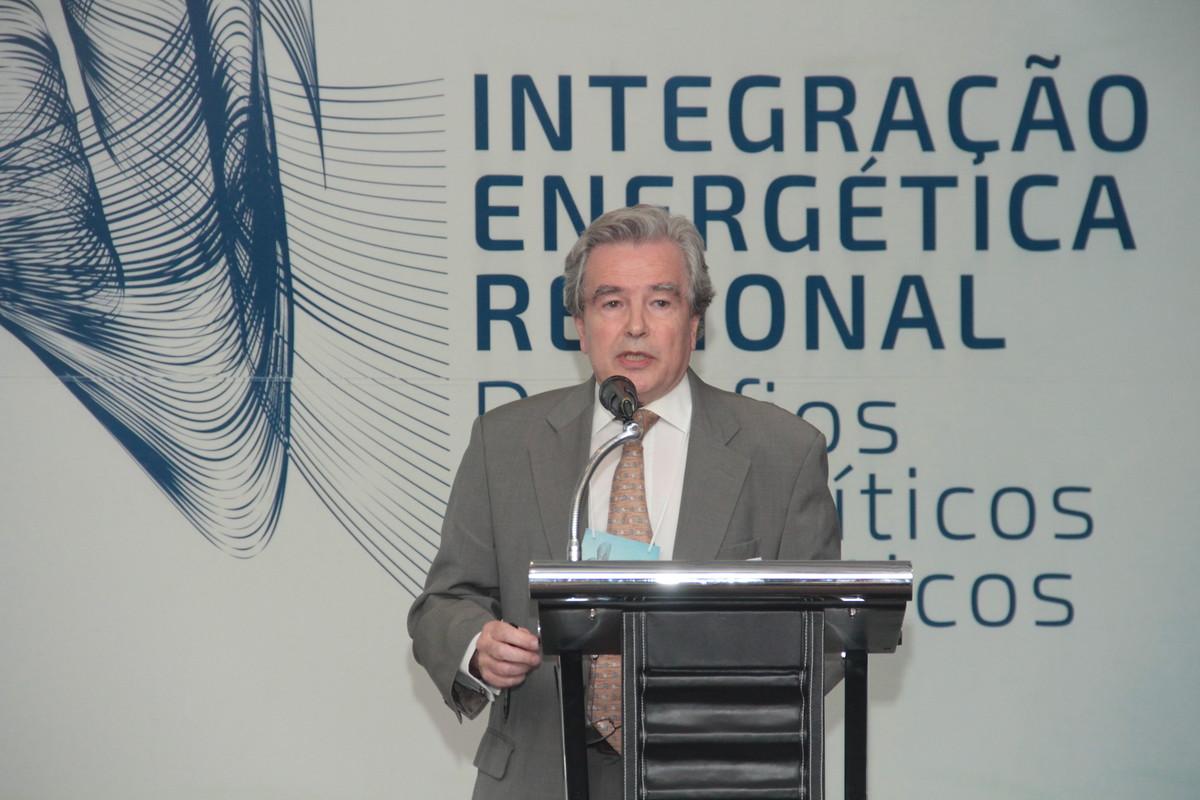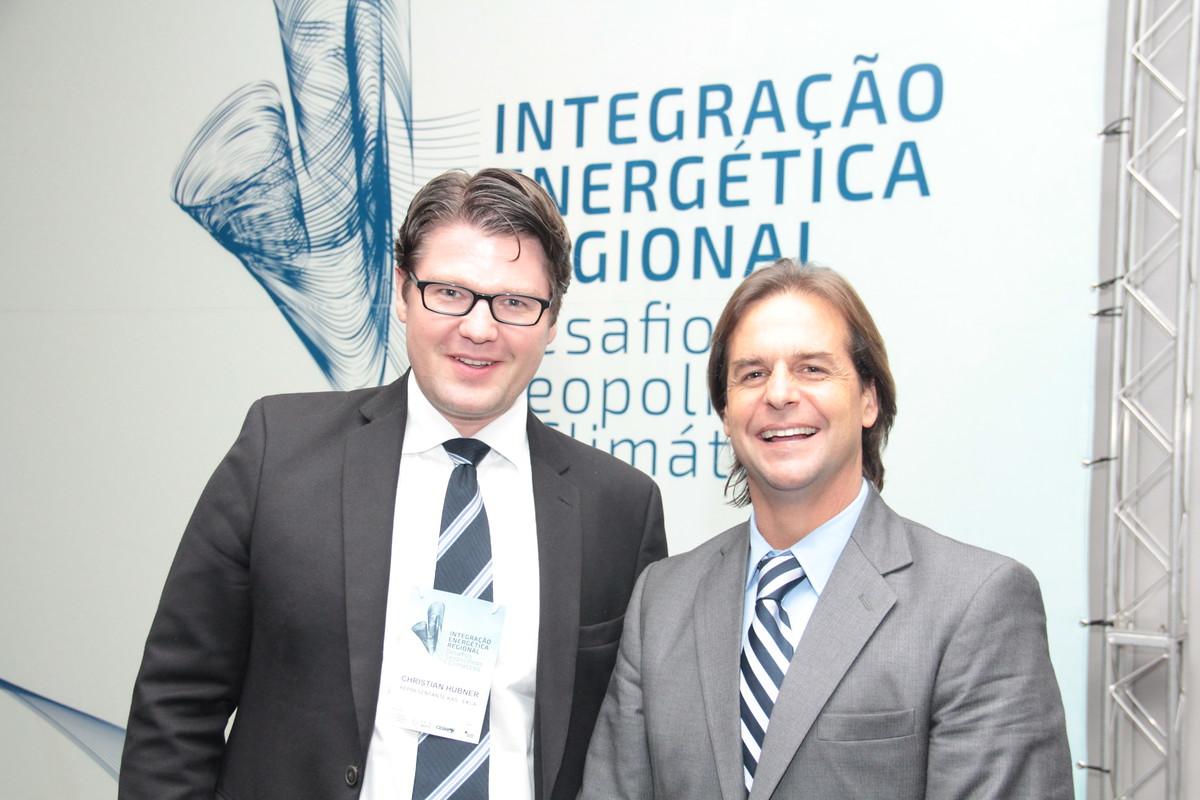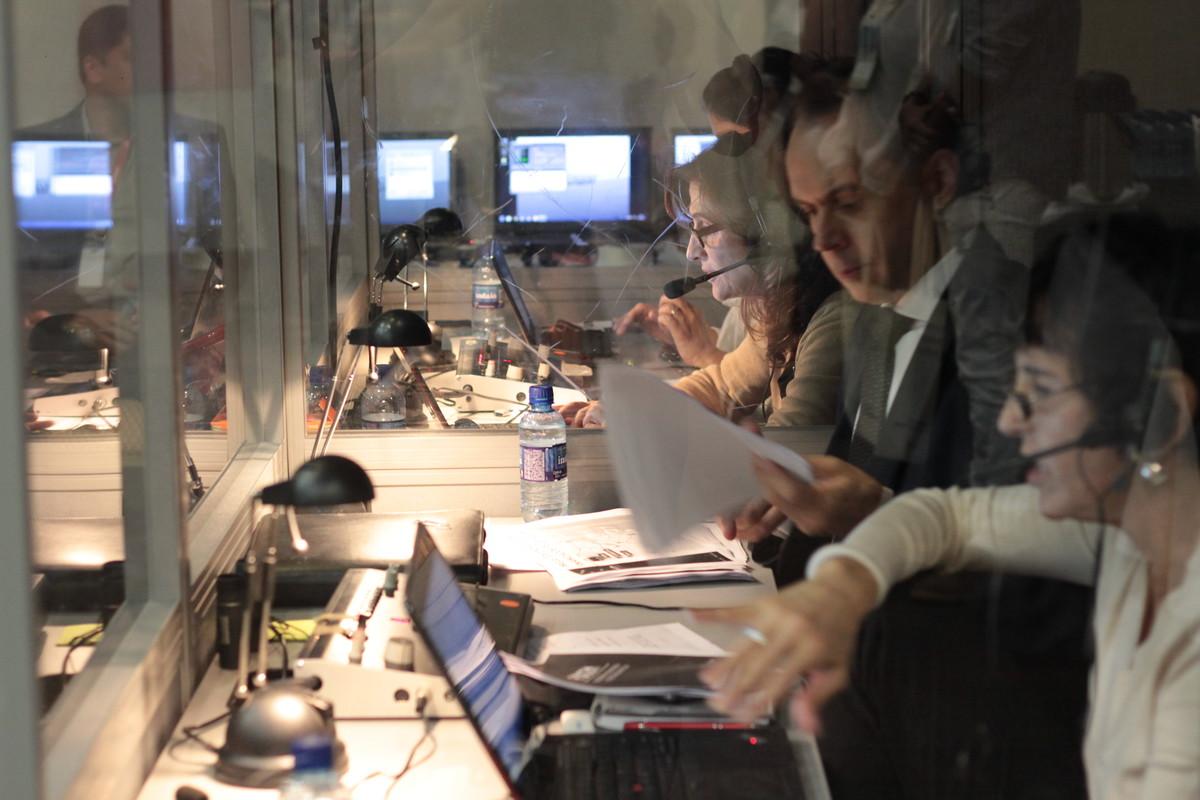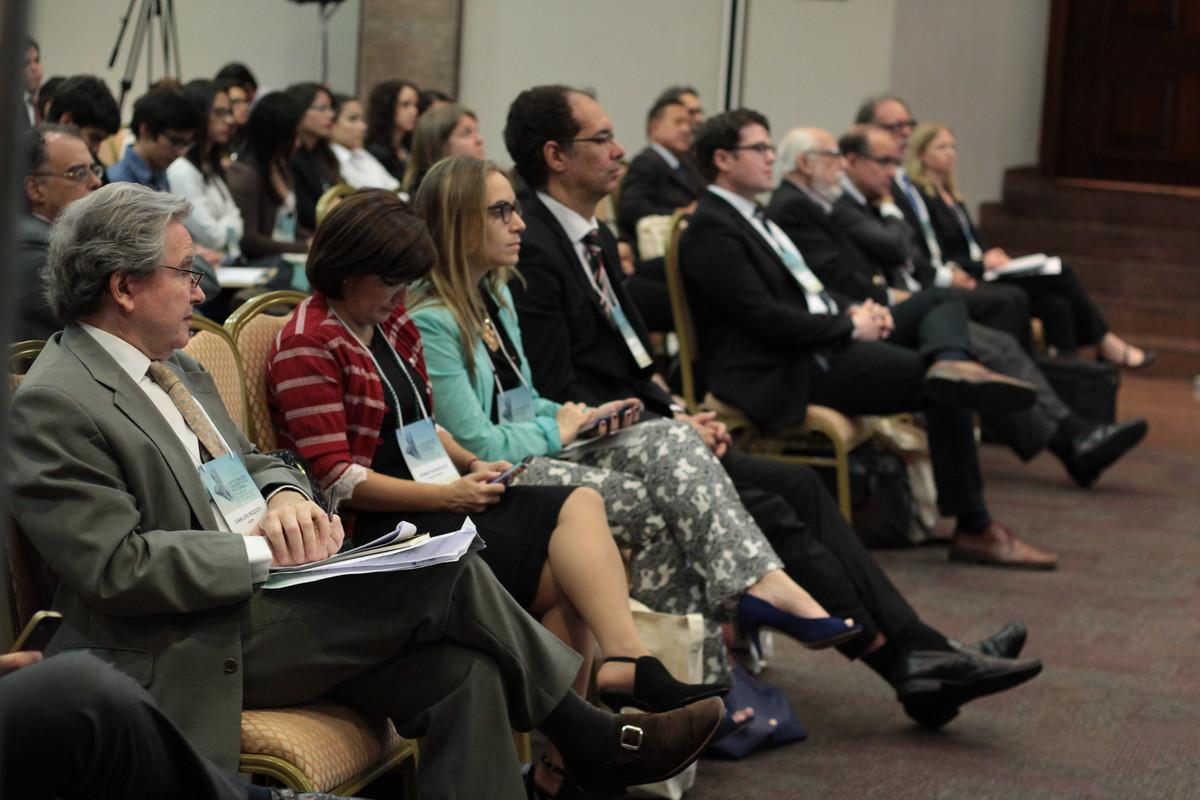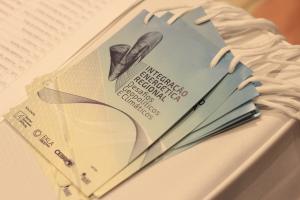Event reports
Latin America has the potential to become self-sufficient in energy due to its wide variety of sources. However it is essential to invest in infrastructure. Until now bilateral agreements have prevailed, being the Itaipu hydroelectric plant the best example of this, as well as the hydroelectric electricity trade between Brazil and Argentina (Guanambi and Panambi) and Uruguayana thermoelectric plant. Also with Uruguay there are important interconnections, as the one between Eletrosul / Eletrobras. All these are examples of projects which constitute the puzzle of regional energy integration.
Energy integration, however, is not an easy task since it depends on the needs and demands of the countries. For instance the European Union, the traditional model of political integration, is currently creating a single energy market, strengthening the energy regulatory agenda.
In Latin America, it is possible to highlight some international institutions to address the issue of energy, such as the Latin American Energy Organization (OLADE), the oldest regional organization on energy and increasingly important in the integration agenda. Nowadays meetings among Energy Ministers are also held in the framework of Mercosur and UNASUR - in the context of the South American Energy Council (CES) and the South American Infrastructure and Planning Council (COSIPLAN). It is also essential to emphasize the development of regulatory frameworks such as the South American Energy Treaty, which aims to create a legal framework that guarantees energy exchange between countries, in which Brazil has defended free energy transit and the principle of non-discrimination.
Taking under consideration this scenario, on the 1st of June a closed meeting between the speakers was organized. Ambassador Mariangela Rebuá, Director of the Energy Department in the Brazilian Ministry of Foreign Affairs was the keynote speaker. This speech was the basis for next day discussions, as an introduction to the topic and debate among participants.
During the keynote speech was highlighted that Latin America is an energy exporter and faces the challenge of adding value to its energy resources. Various conceptions of regional integration were presented, like for instance physical and conscious energy interconnections, taking into account environmental aspects and responsible energy use. The ambassador invited the participants to consider the many challenges we have to overcome in order to optimize the rational use of energy resources in an integrated manner and to ensure access to energy for all citizens.
Countries in the region are invited to reflect on the best way to promote the socioeconomic development through energy integration. The debate began on the 1st of June and followed on June 2nd, opening the participation to the general public.
On the 2nd of June, Dr. Christian Hübner, Director of Regional Programme Energy Security and Climate Change in Latin America of the Konrad Adenauer Foundation (KAS-EKLA) and Roberto Fendt, Executive Director of the Brazilian Center for International Relations (CEBRI) participated on the opening panel. In addition to welcome the audience and introduce their institutions, they emphasized the importance of discussing Latin American energy integration. The topic was contextualized as a comparison to other models of integration, as in the European case, because the first institution of European cooperation was energy based - coal and steel. It was also stressed that energy security is an important part of the integration debate, because there is no development without energy.
The first panel addressed the "contextualization of regional energy integration”. It counted with the presence of Davi Monteiro, Professor at the University of Latin American Integration (UNILA) Lennys Rivera, Director of Integration at the Latin American Energy Organization (OLADE) and Sonia Gonzalez, Senior Technical at MERCOSUR Structural Convergence Fund (FOCEM).
The institutions represented on this panel - UNILA, OLADE and FOCEM - were introduced and argued that the integration process starts with the knowledge generated from the cooperation among the international organizations working on the same subject. Although the debate on energy issues in the region has been driven since 2000, there is significant integration in the region, as in South America, where countries have developed bilateral treaties, or Central America, where due to the shortage of natural gas, new ways of cooperation were developed.
One of the main problems of the integration process is the absence of a common regulatory framework, as well as the relationship between the process of energy integration and economic integration. In this sense, the second panel of the day was focused on how to "advance the regional energy matrix" and had the participation of Liliana Diaz, Research Associate at CEBRI and Johns Hopkins University, Miguel Garcia Reyes, President of the Center Geopolitical research in energy and the Environment of Mexico, and Fiorella Aristondo Molinelli, economist and advisor at the Peruvian Company of Hydrocarbons (SPH).
In coming years, energy consumption in Latin America is expected to increase. The supply crisis’ solution lays on the use of non-traditional renewable sources, the increase of energy efficiency and regional integration. Experience shows how energy integration has been beneficial for populations, with different aspects that determine the model of integration (legal, political, commercial, technical, institutional and geographical).
However, integration depends mainly on the political will and requires the acceptance of commitments where regional gains prevail over national interests, overcoming the tension between integration and sovereignty. To overcome those challenges, debate and knowledge must be encouraged, since it is believed that the impact of ideas can drive paradigm shifts.
Security in the generation and supply of energy is essential to economic and social development, therefore, energy should be considered strategic for the national and regional economy. It is important that countries have specific legal frameworks and policies to promote the potential of renewable sources, through social inclusion policies, without entailing additional costs for the population. Such policies should also promote technology transfer and use of human resources and local raw materials in each country. These advances are made possible by international energy integration, which allows the creation of larger energy markets, creating favorable conditions for the development of renewable energy projects, investments in infrastructure and the reduction of production costs through economies of scale.
During the afternoon, the third panel addressed "geopolitical challenges in energy supply: energy integration bi- or multilateral" and included the participation of Professor Nivalde de Castro, Coordinator at the Research Group of the Electricity Sector (GESEL) of the Federal University of Rio de Janeiro (UFRJ), Sybille Röhrkasten, Researcher at the Institute for Advanced Sustainability Studies (IASS Potsdam) and Research Associate at CEBRI, and Igor Fuser, Professor of Federal University of Santo André, São Bernardo and São Caetano (UFABC). Compared to Europe, one can say that Latin America is in a privileged position regarding energy security. This is because Europe is a major importer of energy, so its supply depends on the global geopolitical situation.
Regarding the integration, Itaipu is the most successful binational integration programme. Itaipu's success is based on a long-term contract of supply, that takes care of the electricity funding, normally the most expensive element.
Market asymmetry problems are also a major challenge for energy integration. However, Brazil, for instance, has the largest interconnected transmission system in the world, the third largest renewable matrix and a high efficiency electrical integration system. Regarding global governance of energy, this is still an underdeveloped issue due to factors such as the sovereignty of the countries and the challenge of addressing the issue of energy in the area of multilateral cooperation. There is a global consensus on the importance of mitigating climate change, but there is still the question of how to accomplish this, in addition to the existence of financial problems. It seems clear, however, that decisions on the future of energy matrix in developing countries have become the key on climate change’s debates.
The fourth and final panel of the day was about "the impacts of climate change on water supply and hydropower." Uruguayan Senator Luis Alberto Lacalle Pou, presidential candidate for the National Party in the 2014 elections, Gustavo Codas, former director of Itaipú and researcher at the Latin American Faculty of Social Sciences (FLACSO) and Luis Carlos Jemio, Senior Researcher at the Institute for Advanced Development Studies (INESAD) of Bolivia were the speakers. The role of politicians in sustainability issues was discussed, and the strong presence of young people at the conference was praised, since they have an important role in shaping public opinion. In addition, Itaipu's 2008 negotiation process was discussed. It was said that the positions of the countries were very different: Paraguay defended its energy sovereignty, while Brazil appeared open to negotiations. Regional energy integration was a point of convergence that was not on the agenda in 1973 when the Itaipu Treaty was signed. After negotiations, Paraguay achieved better economic and financial conditions in selling their energy surplus and improved its energy infrastructure; meanwhile Brazil increased the area of regional operation of their companies. Energy policy is a chapter of development policy. It is up to society to decide what kind of development they want and exercise citizen participation together with decision-makers.
After a long and productive day of conferences, Dr. Christian Hübner (EKLA-KAS), Ambassador Jose Botafogo, vice-president of CEBRI and Carlos Rizzuti, vice-president of the Asociación Civil de Estudios Populares (ACEP) in Argentina, representing the three organizing institutions, closed the event thanking the participants for the discussions and hoping that this is just the first one of a series of conferences. The event counted with the participation of speakers representing nine countries in Latin America, with politicians, technicians and scholars.
Click here to access the PODCAST of the conference.



